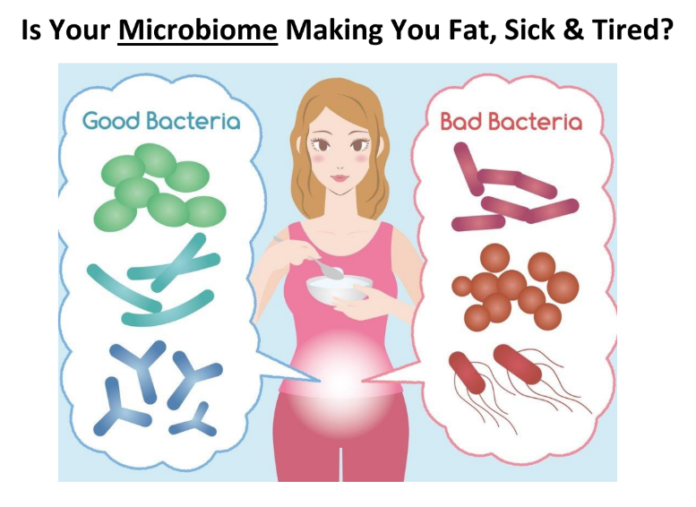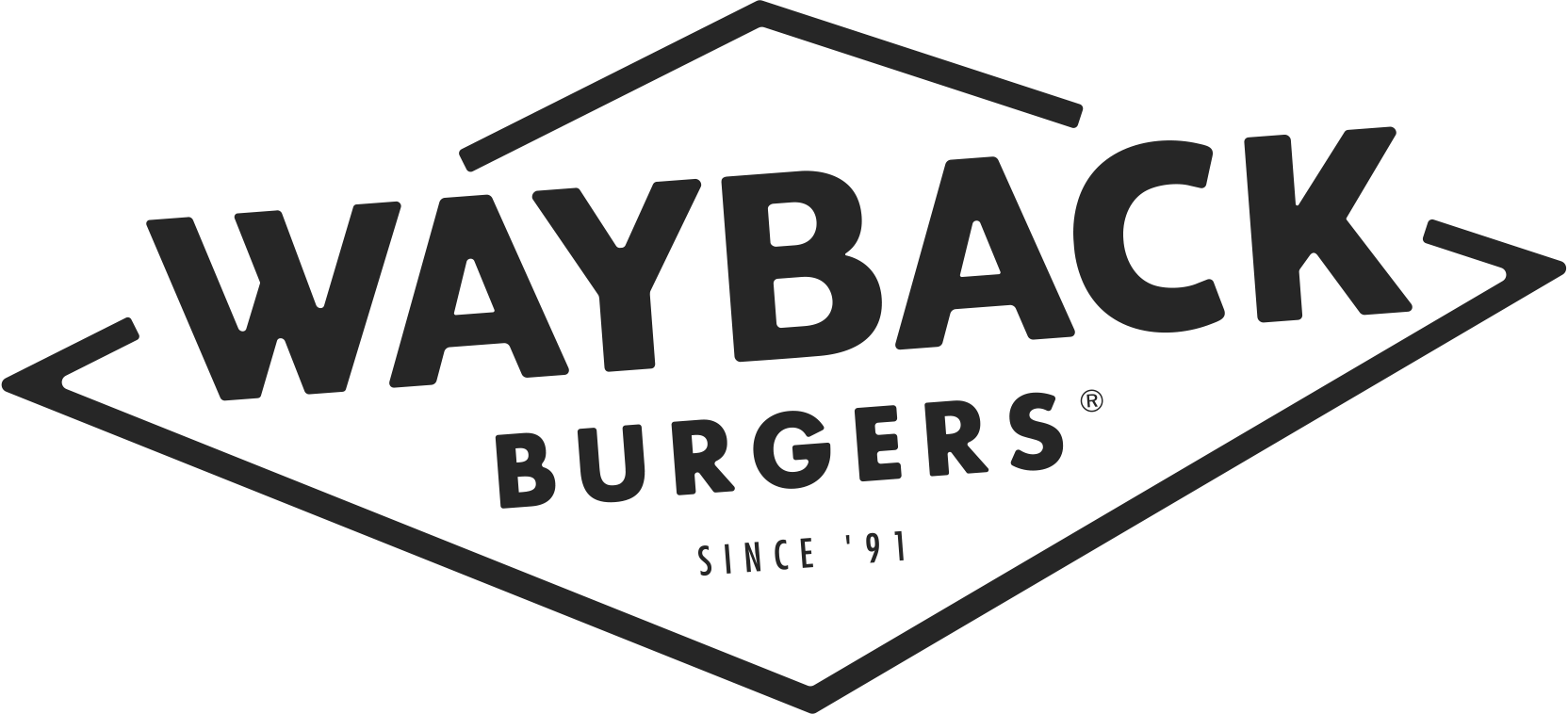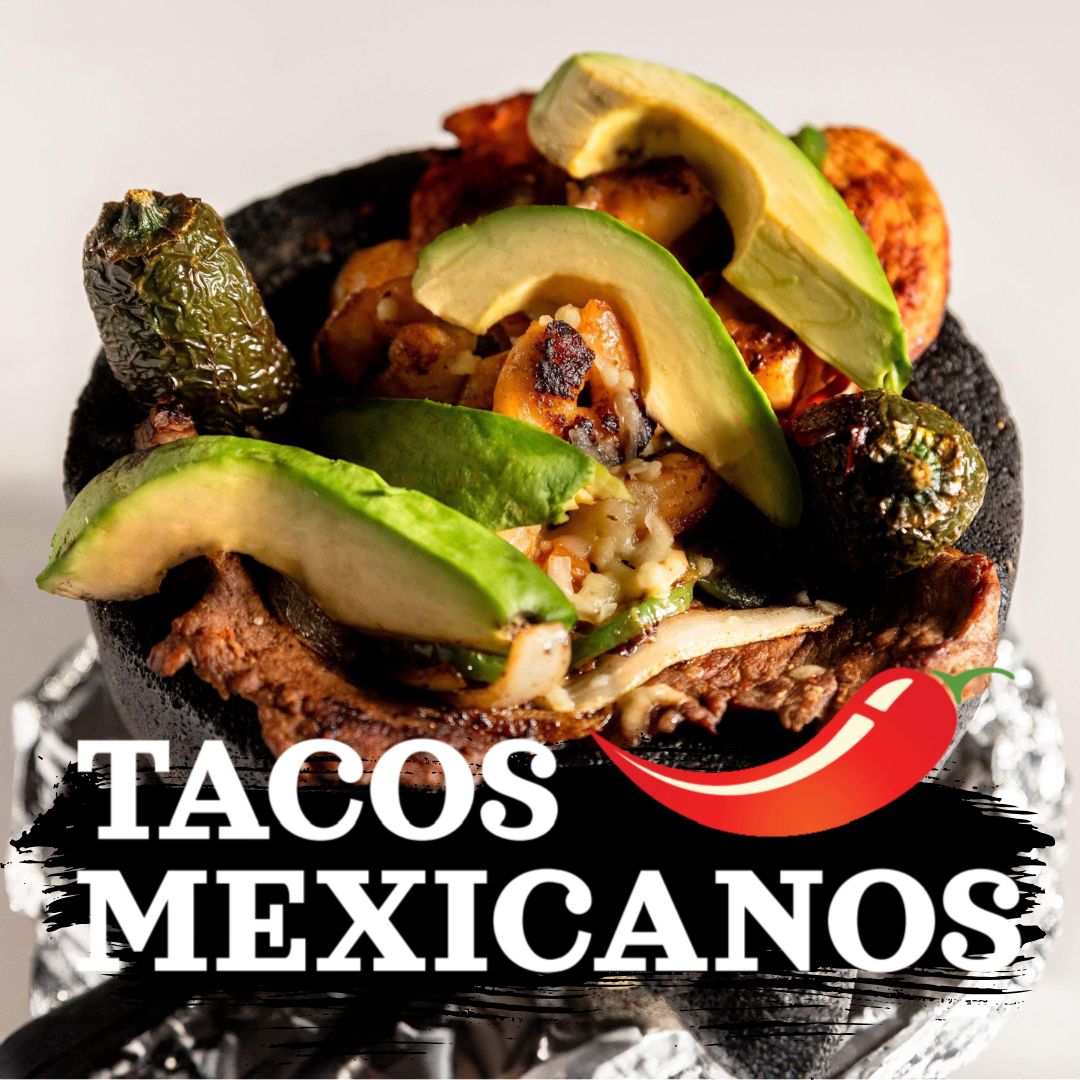For the past couple weeks, I have been discussing the subject of epigenetics. This new science clearly demonstrates lifestyle choices like exercise, nutrition, stress, sleep and yes, even the microorganisms living inside the gut significantly affect the genes responsible for our health. The idea bacteria in our gut can change the way our DNA is expressed is both shocking and exciting.
That is why today, I want to talk about our MICROBIOME, the bustling community of micro-organisms living inside us. Lurking inside the intestines are good, bad and sometimes ugly micro-organisms that may bring health or illness. Did you know we all have about 100 trillion micro-organisms living in an on our bodies? Scientists call these micro-organisms collectively the microbiome. The number of critters living in and on our bodies is so large, if we planted just one blade of grass for every one of them, it would fill up a million football fields. Every surface and opening in the body is teeming with bacteria, yeasts, fungus, and yes even parasites. The gut is the home of about three to five pounds of
these little critters. Scientists are now linking the gut microbiome to disease. Chronic diseases from autoimmune diseases, diabetes, heart disease, and even cancer are now being linked to the microbiome. The brain is not excluded. Scientists are now unraveling the connection between an unhealthy microbiome with depression, anxiety, alzheimers, parkinson’s, MS, and even autism.
The good news is we can all influence the type of micro-organisms living inside our guts by our lifestyle choices. The following are some practical tips to encourage the growth of beneficial micro-organisms. Probiotics or beneficial bacteria found in fermented foods like yogurt, sauerkraut and other fermented vegetables, kimchi, kambucha and miso improve the health of the microbiome. Probiotics grow and multiply inside the gut by eating fiber found in specific foods called prebiotics. Asparagus, bananas, garlic, Jerusalem artichokes, onions and whole grains like oats, brown rice, etc. are all prebiotics.
On the other hand, eating too much sugar or artificial sweeteners will increase the population of bad micro-organisms and decrease the population of good micro-organisms. The overuse of antibiotics can also disrupt the microbiome and lead to serious illness. Uncontrolled stress, irregular sleep habits, smoking cigarettes and regular exposure to chemical cleaning concentrates can all have negative outcomes for the microorganisms living inside the gut.
Take Home Message: In order to have a healthy microbiome you need to Eat Right, Think Right & Move Right.
Dr. Krystosik is a board-certified chiropractic physician with an undergraduate degree in clinical nutrition and is northeast Ohio’s leading expert in functional medicine. Dr. Krystosik is the author of 5 books on nutrition and natural medicine and is a nationally known speaker. For an appointment with Dr. Krystosik in Northfield, call 330-908-0094 or www.TheOtherSideofMedicine.com






















